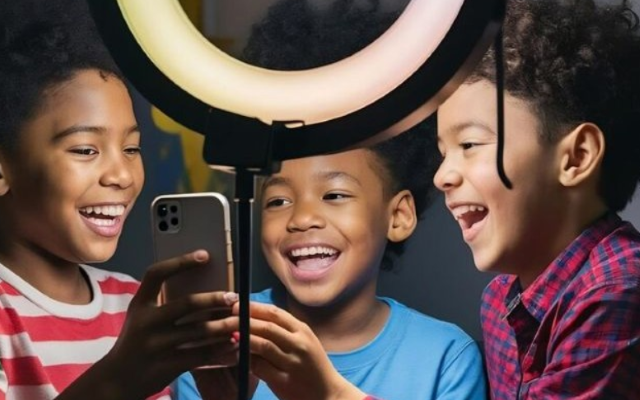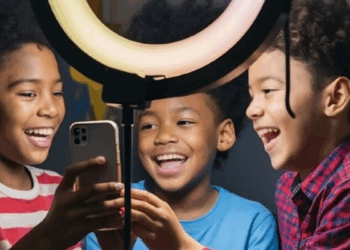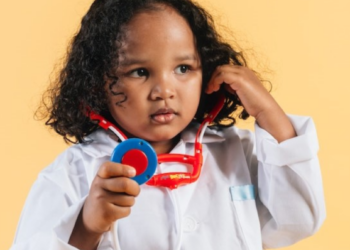As kids grow up in a digital world, a new landmark study is shining a spotlight on just how deeply social media may be affecting their mental health, especially during the critical pre-teen years.
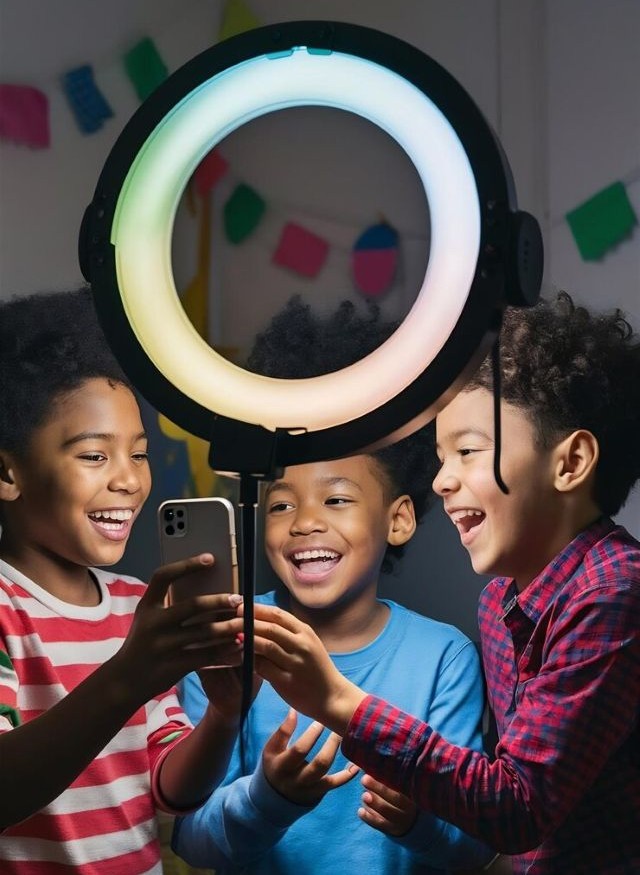
According to research led by the University of California at San Francisco and published in JAMA in May 2025, frequent social media use among 9- to 13-year-olds is linked to a significant rise in depressive symptoms over time. The three-year study followed nearly 12,000 children and found a concerning trend: as daily screen time on social platforms increased, so did signs of emotional distress.
“Social media does seem to be a risk factor for future depression, or worsening depressive symptoms,” lead author of the study Jason Nagata, who is an associate professor of pediatrics at the University of California at San Francisco, told the Washington Post in an interview.
“But kids who were already depressed didn’t necessarily report using social media more in subsequent years.” This pattern is “a new finding,” he added.
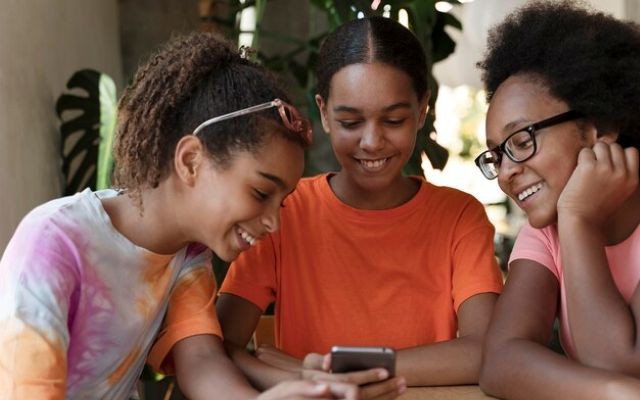
The study tracked participants from age 9, when they typically spent just 7 minutes a day on social media apps, to age 13, when usage jumped to an average of 74 minutes per day. In that same window, the rate of depressive symptoms among the children increased by 35%.
What sets this research apart from all others is its diversity and depth. The sample included children from a wide range of racial and socioeconomic backgrounds, reinforcing that the link between screen time and depression isn’t isolated to a specific community, it’s a broader, systemic issue.
Importantly, this isn’t just about the total amount of screen time, but about how that time is being used. Social media, unlike TV or gaming, is designed around feedback loops, comparisons, and performance. For tweens, whose self-identity is still forming, those dynamics can quietly chip away at their self-esteem.
“Children are exposed to harmful content on social media, ranging from violent and sexual content, to bullying and harassment,” Dr. Vivek Murthy said in a statement. “And for too many children, social media use is compromising their sleep and valuable in-person time with family and friends. We are in the middle of a national youth mental health crisis, and I am concerned that social media is an important driver of that crisis — one that we must urgently address.”

So what can parents do? This study isn’t meant to cause panic, but it is a call to pay attention. Instead of simply tracking minutes, experts suggest checking in regularly with your child about how social media makes them feel. Are they comparing themselves to others? Feeling excluded? Chasing likes?
Mental health professionals recommend setting healthy boundaries, encouraging off-screen hobbies, and fostering open communication about online experiences. Just as importantly, parents should model balanced media habits themselves.
